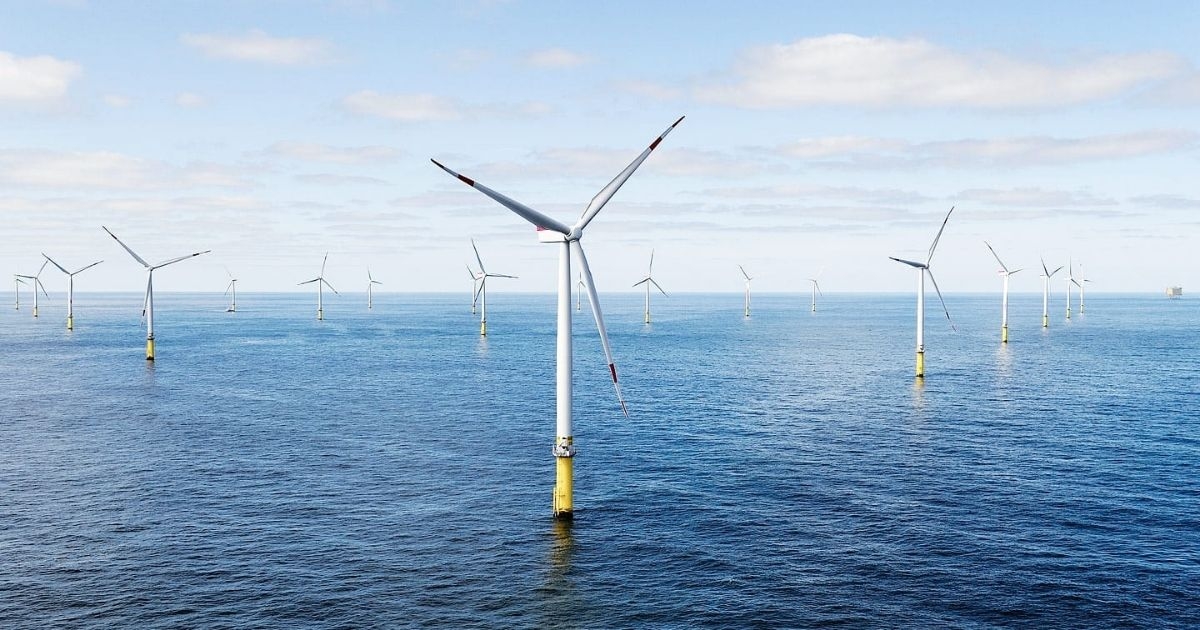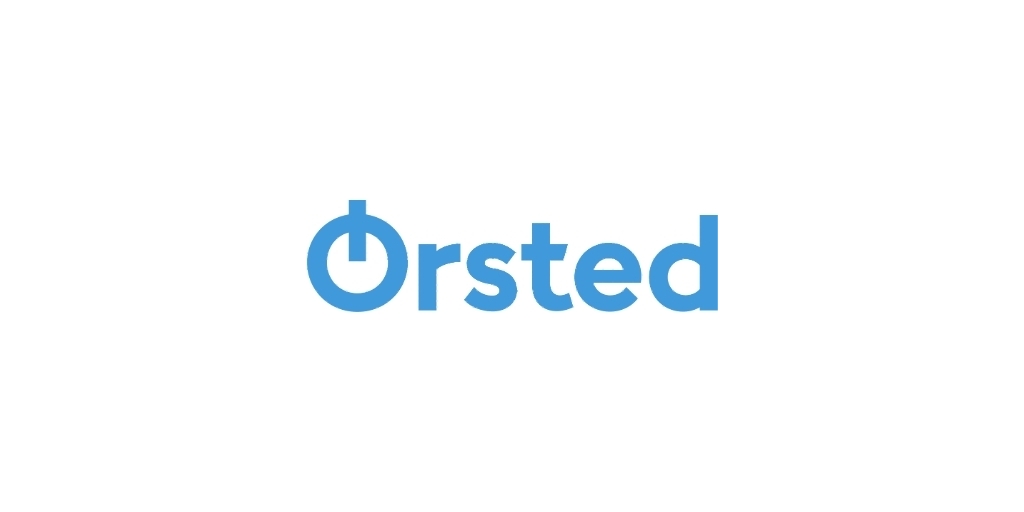Ørsted Becomes First Energy Company in the World with Long-Term Science-Based Net Zero Target

Ørsted, the global leader in offshore wind energy, is the first energy company in the world to have its net zero commitment validated by the Science Based Targets initiative (SBTi). One of only seven companies globally, Ørsted’s 2040 decarbonization plan was endorsed as part SBTi’s new net zero standard.
 On October 28, 2021, SBTi announced a new science-based net zero corporate standard, including specific near-term and long-term emissions reduction requirements. In establishing this new international standard, SBTi provides a programmatic approach for companies to utilize in building and evaluating net zero plans. SBTi’s framework is the world’s first and only science-based assessment that aligns corporate net-zero targets with climate data.
On October 28, 2021, SBTi announced a new science-based net zero corporate standard, including specific near-term and long-term emissions reduction requirements. In establishing this new international standard, SBTi provides a programmatic approach for companies to utilize in building and evaluating net zero plans. SBTi’s framework is the world’s first and only science-based assessment that aligns corporate net-zero targets with climate data.
“As an organization that transformed from a fossil fuel intensive oil and gas company to a 100 percent clean energy business, SBTi’s framework is rooted in our values and mission,” said David Hardy, CEO of Ørsted Offshore North America. “SBTi’s new standard adds an additional layer of science to our decarbonization plan and provides a roadmap for other companies to follow in achieving our shared vision. We’re pleased to be part of this initial group of seven and to be the world’s first energy company with a science-based net zero target.”
SBTi’s new net-zero standard provides a common, comprehensive and science-based definition for corporate net-zero goals. SBTi’s objectives align with slowing global temperature rise to 1.5 degrees Celsius above pre-industrial levels, which is the critical Paris climate agreement threshold to limit the more extreme global warming dangers. While there has been an increase in corporate net zero targets since the Paris agreement was implemented, no clear framework has existed for companies to help achieve the target. As a result, corporate reduction standards have varied and been applied inconsistently.
SBTi’s new framework offers a credible, science-based approach to achieving emissions reduction and corporate net zero plans aligned with slowing temperature rise. Specifically, SBTi’s highlights that rapid action is needed today to halve emissions before 2030 and that deep emissions cuts of 90 – 95 percent are essential before 2050.
Ørsted was one of the first energy companies to set a near-term science-based target for reducing emissions from power and heat generation and has the following global targets:
- Lowering GHG emissions to 10 g CO2e/kWh by 2025, corresponding to a 98 percent reduction from a 2006 base year (scope 1 and 2).
- Reducing its absolute scope 3 GHG emissions by 50 percent by 2032, compared to a 2018 base year.
- Expanding net zero emissions to include its entire carbon footprint, committing to net-zero emissions across the company’s entire value chain by 2040.
By phasing out coal and accelerating the build out of green energy, Ørsted is fully on track to meet its scope 1 and 2 target. To meet its scope 3 target, Ørsted launched an industry-leading supply chain decarbonization program, closely engaging with suppliers to reduce emissions from the goods and services it sources.

